The number of forcibly displaced people worldwide has climbed by more than 50 percent in recent years—from 42.5 million in 2011 to 65.3 million in 2015. To address the growing, global needs of refugees and migrants, on Monday, September 19, 2016, the U.N. General Assembly convened a high-level summit to reach a consensus on the way forward. Sub-Saharan Africa will play a large part in the journey ahead.
Of the 65.3 million people displaced worldwide at the end of 2015, 21.3 million persons were refugees, 40.8 million were internally displaced persons, and 3.2 million were asylum seekers, according to the United Nations High Commissioner for Refugees (UNHCR). Sub-Saharan Africa hosts the largest number of refugees (under UNHCR mandate) of any region, with 4.4 million refugees, most of whom originate from five countries: Somalia, South Sudan, the Democratic Republic of the Congo, Sudan, and the Central African Republic.
The countries hosting the continent’s largest refugee populations are Ethiopia (736,086 people), Kenya (553,912 people), Uganda (477,187 people), the Democratic Republic of the Congo (383,095 people), and Chad (369,540 people), as showing in Figure 1. Figure 2 demonstrates that internal displacement also effects a number of African countries, with the Democratic Republic of the Congo, Sudan, South Sudan, and Ethiopia all experiencing significant new displacements due to violence or natural disasters in early 2016.
Figure 1: Top 10 refugee hosting countries in 2015
 Source: United Nations High Commissioner for Refugees (UNHCR), Global Trends: Forced Displacement in 2015, http://www.unhcr.org/global-trends-2015.html.
Source: United Nations High Commissioner for Refugees (UNHCR), Global Trends: Forced Displacement in 2015, http://www.unhcr.org/global-trends-2015.html.
The summit featured plenary sessions and roundtable discussions on the root causes of large-scale migration and refugee movements, as well as on responsibility-sharing for refugees and cooperation for orderly migration, concluding with the adoption of the New York Declaration on Migrants and Refugees. This declaration calls for U.N. Member States “to start negotiations leading to an international conference and the adoption of a global compact for safe, orderly and regular migration in 2018; to develop guidelines on the treatment of migrants in vulnerable situations; to achieve a more equitable sharing of the burden and responsibility for hosting and supporting the world’s refugees by adopting a global compact on refugees in 2018.” United Nations Secretary-General Ban Ki-moon commended the declaration, stating that its implementation will mean that “more children can attend school; more workers can securely seek jobs abroad, instead of being at the mercy of criminal smugglers, and more people will have real choices about whether to move once we end conflict, sustain peace and increase opportunities at home.” While many observers welcomed the urgent focus on the needs and rights of world’s refugees and migrants, some experts have criticized the summit for excluding internally displaced persons from the agenda and also expressed concern that the political declaration is non-binding.
Following up on the U.N. summit, President Obama, Secretary-General Ki-Moon, and leaders from Canada, Ethiopia, Germany, Jordan, Mexico, and Sweden hosted a Leaders’ Summit on the Global Refugee Crisis on September 20, at which 52 countries announced major commitments: to cumulatively increase their total 2016 funding to U.N. humanitarian appeals and international humanitarian organizations by 4.5 billion over 2015 levels; approximately double the number of refugees resettled or allowed legal admission to their countries in 2016; improve access to education for refugee children worldwide; and promote access to legal work for refugees globally.
Figure 2: The 10 countries with most new displacements coused by conflict and violence, Jan-Aug 2016
 Source: Internal Displacement Monitoring Center (IDMC), Internal Displacement Update: January-August 2016, http://www.internal-displacement.org/assets/publications/2016/201609-internal-displacement-update.pdf.
Source: Internal Displacement Monitoring Center (IDMC), Internal Displacement Update: January-August 2016, http://www.internal-displacement.org/assets/publications/2016/201609-internal-displacement-update.pdf.
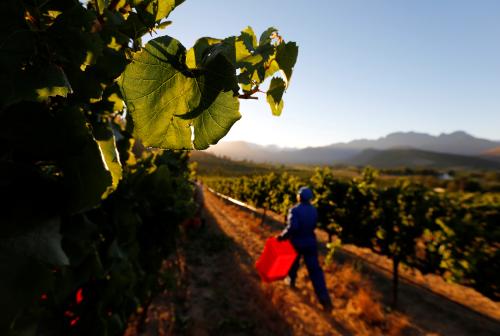
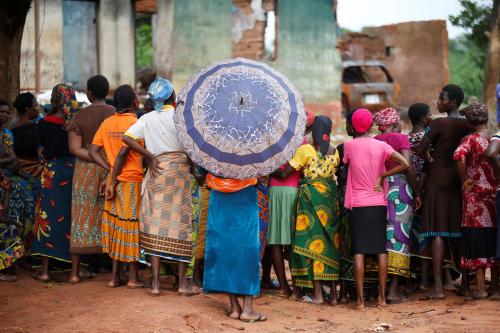
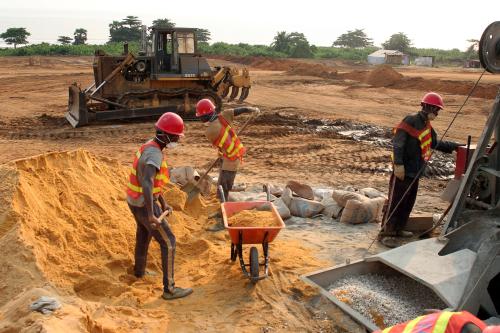

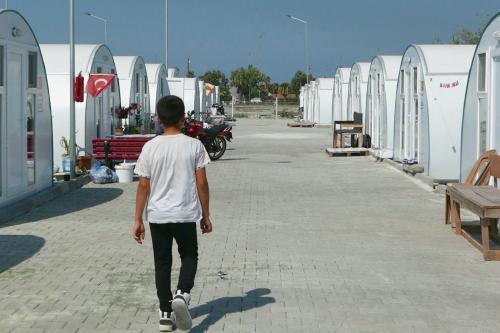
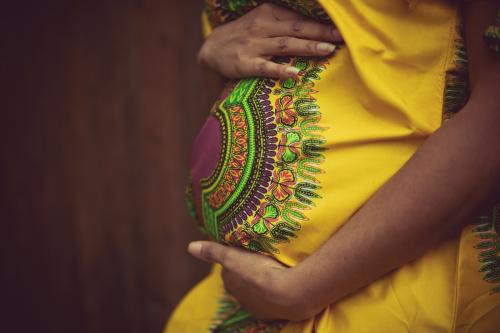
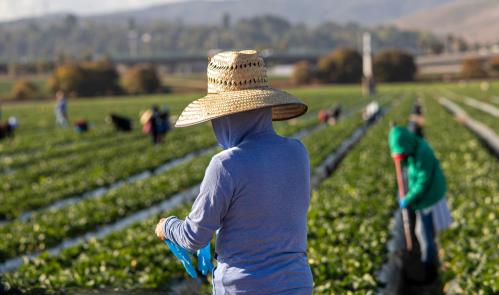
Commentary
Figures of the week: UN Summit for Refugees and Migrants calls for international action
September 23, 2016